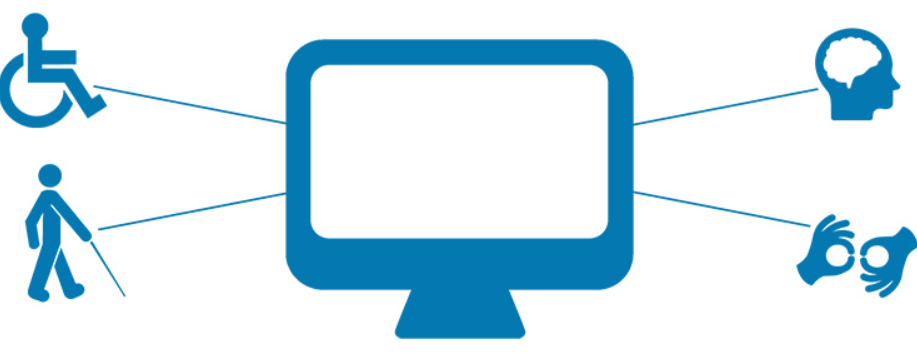In today’s digital age, the importance of web accessibility cannot be overstated. Ensuring that your website is accessible to all users, including those with disabilities, is not only a moral obligation but also a smart business decision. One of the key frameworks for achieving web accessibility is the Web Content Accessibility Guidelines (WCAG). In this blog post we will explore the numerous benefits of being WCAG compliant for accessibility on your website.
Legal Compliance
Many countries have enacted laws and regulations that require websites to be accessible. By adhering to WCAG guidelines, you not only improve the user experience but also ensure that your website is in compliance with legal requirements. This can protect your business from potential lawsuits and fines related to accessibility violations. You can check WCAG compliance of your website at the following link.
Expanding Your Audience
One of the most significant advantages of WCAG compliance is that it allows you to reach a broader audience. Approximately 15% of the world’s population lives with disabilities, and by making your website accessible, you open the door to this significant demographic. This can lead to increased traffic, engagement, and potentially more conversions.
Improved SEO
Search engines like Google consider accessibility when ranking websites. WCAG compliant websites tend to have better SEO performance because search engines can more easily index their content. Additionally, accessible websites often have better user engagement metrics, which also positively impact search engine rankings.
Enhanced Reputation
Demonstrating a commitment to accessibility sends a positive message to your audience. It shows that you value all your users, regardless of their abilities, and are dedicated to providing an inclusive online experience. This can boost your brand’s reputation and customer loyalty.
Increased Usability
WCAG guidelines promote good web design practices. Implementing these guidelines can lead to a more user-friendly and intuitive website. Users, both with and without disabilities, will appreciate a website that is easy to navigate and use, which can lead to higher user satisfaction and longer visit durations.
Innovation and Competitive Advantage
Investing in accessibility can also drive innovation within your organization. It encourages you to think creatively and come up with new solutions to make your website more inclusive. Being a leader in accessibility can set you apart from competitors and give you a competitive edge in your industry.
Future-Proofing
Technology evolves rapidly, and the digital landscape is constantly changing. By following WCAG guidelines, you future-proof your website to a certain extent. As new technologies and devices emerge, your accessible website will be better prepared to adapt, ensuring that you remain relevant and functional in the years to come.
Social Responsibility
Web accessibility is not just about compliance; it’s about social responsibility. By making your website accessible, you contribute to a more inclusive online environment, making the internet a better place for everyone. This commitment to social responsibility can resonate positively with your audience and stakeholders.
Conclusion: Embrace WCAG Compliance for a More Inclusive Web
Incorporating WCAG compliance into your website development and maintenance processes is not just a box to check; it’s a strategic investment in the future of your online presence. The benefits of web accessibility extend beyond legal requirements; they encompass a broader audience reach, improved SEO, a better user experience, and a stronger reputation. In a world where inclusivity matters more than ever, being WCAG compliant is not just a choice; it’s a necessity. So, start the journey toward a more accessible web today, and reap the rewards for your business and society as a whole.

